The Ionian Islands are not just a paradise of sun and sea — they are pages torn from ancient myths. Among them, Corfu stands out as the land of Homeric heroes and legendary gods.
Greek gods, Homeric heroes, and whispered legends echo across their landscapes. From Poseidon’s fury to the wanderings of Odysseus, here’s how myth shaped these seven islands.
Corfu: The Island of the Phaeacians
In Homer’s Odyssey, Corfu is identified with Scheria, the mythological land of the Phaeacians.
But Corfu’s mythological identity runs even deeper. According to legend, Poseidon fell in love with the nymph Corcyra, the daughter of the river god Asopos. He abducted her and brought her to an unnamed island, which took her name — Corcyra.
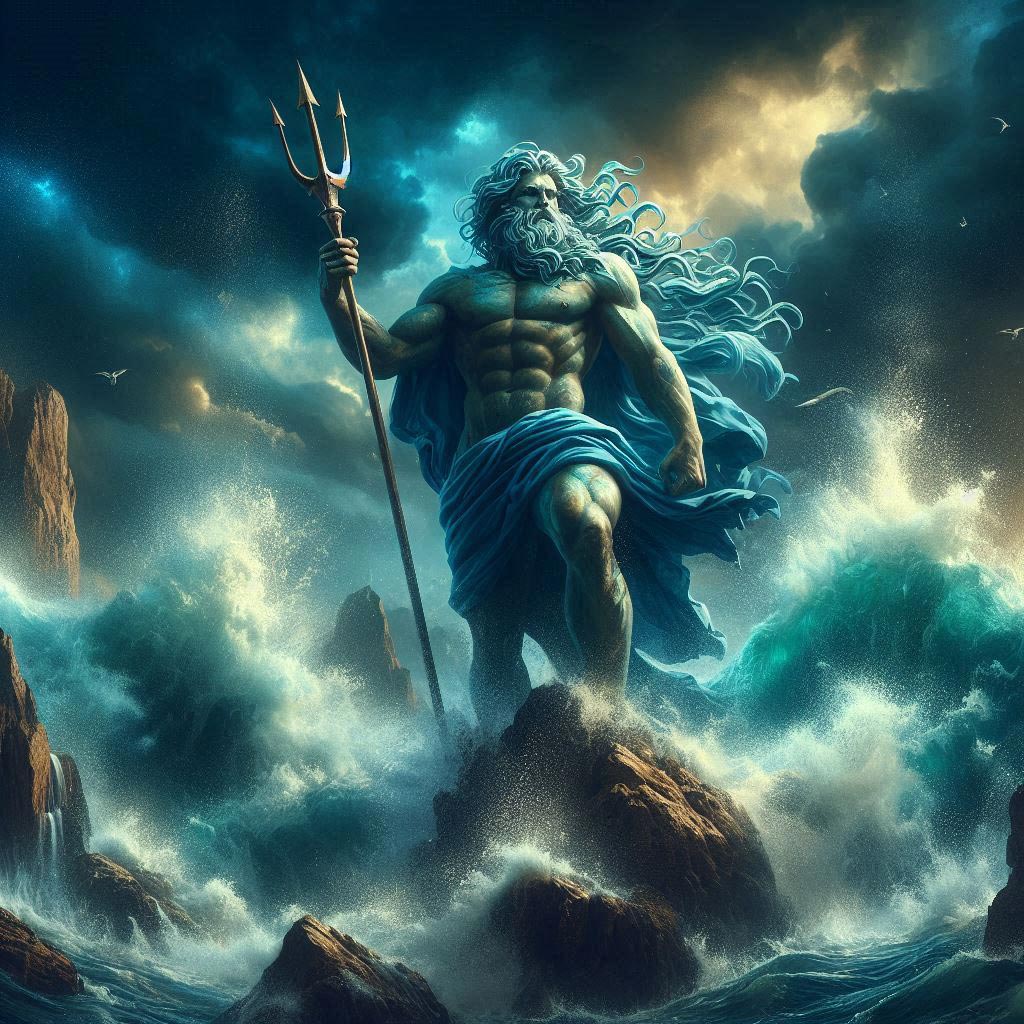

This mythical union is said to have produced Phaiax, the ancestor of the seafaring Phaeacians.
It’s here that Odysseus, shipwrecked and battered, is saved by Nausicaa, daughter of King Alkinoos.
The Phaeacians, famed sailors known for their hospitality and maritime prowess, offer him refuge and finally ferry him home — a sharp contrast to the perils he faced elsewhere.
Over time, and particularly during the Dorian invasion, the name evolved to Kerkyra, a transformation consistent with the phonetics of the Doric dialect.
Paxos – Poseidon’s Hidden Love Nest
Paxos, a small paradise south of Corfu, owes its existence to divine romance.
According to legend, Poseidon, god of the sea, struck Corfu with his trident to create a separate haven for himself and his lover, the sea nymph Amphitrite.
That violent blow shaped the island — and local folklore claims the sea caves at Paxos’ edge still echo with divine whispers, a remnant of that ancient cosmic event.
The trident, according to myth, was lost in the sea and later found by locals, becoming part of Paxo’s folklore.
Paxos may be small, but its mythical origins make it a divine hideaway — a love story carved into the very landscape.
Ithaka – The Modern Symbol of Nostalgia
The small, mountainous island of Ithaca is known across the world as the home of Odysseus.
Yet, there’s scholarly debate about whether Homer’s Ithaca matches the current island. Some suggest that parts of Kefalonia — particularly the Paliki peninsula, once separated by sea — may have been the real Ithaca.
Regardless, the name and spirit have stayed.
In the Odyssey, Ithaca was more than a place; it was a symbol of longing, loyalty, and homecoming.
Today, visitors find ruins attributed to Odysseus’ palace, caves, and springs named after Homeric scenes. Myth and reality overlap here like nowhere else.
Kefalonia – The Island That Was Once Ithaca?
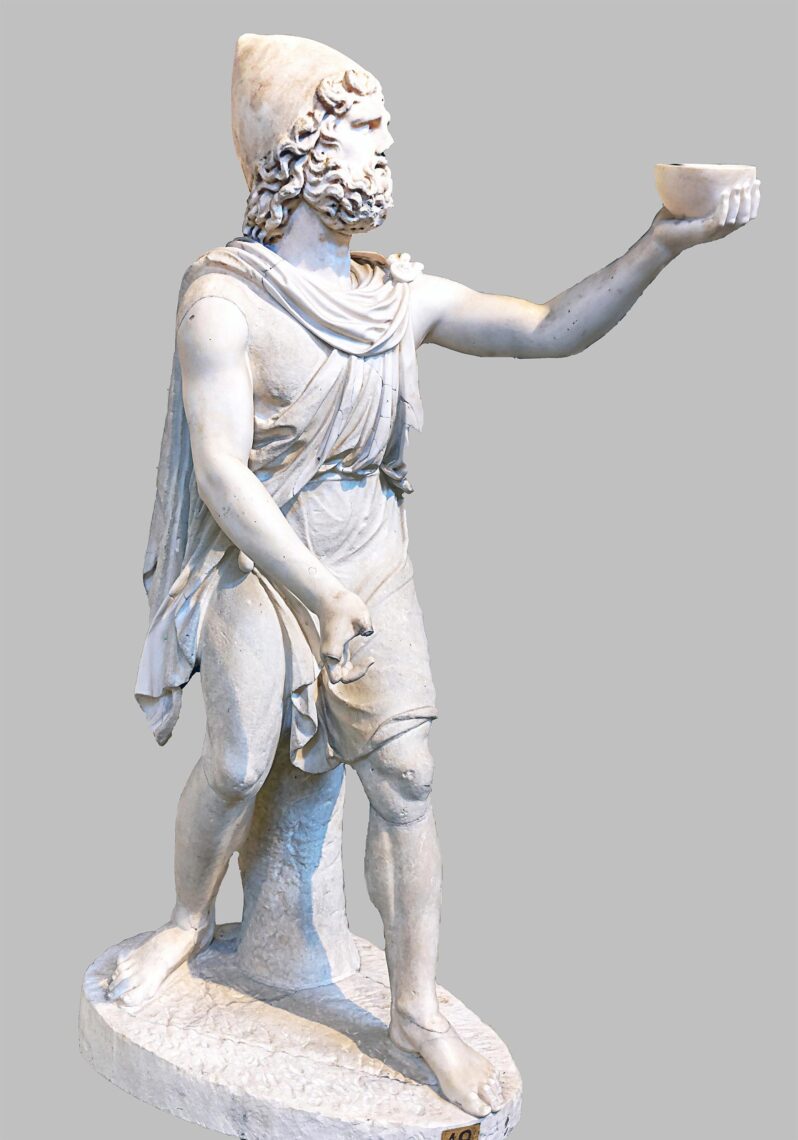

Named after the mythological figure Kephalos, a companion of Amphitryon and lover of the goddess Eos, Kefalonia was said to be ruled by four ancient kingdoms.
Some historians believe these correspond to the four major cities of the island in antiquity: Same, Pronnoi, Krane, and Pale.
One theory connects the name to Kephalos, a heroic hunter exiled from Athens, who later became a king in these western lands.
The island is also linked to the mythical Telchines — sea demons or craftsmen, depending on the legend — said to have settled in the region during ancient times.
Traditionally, Homer’s Ithaca is thought to be modern-day Ithaca.
However, geological and historical research suggest a fascinating twist: Before 1200 BCE — the Late Bronze Age, or the very era of the Odyssey — Makri was an island close to Kefalonia, until a later massive earthquake or landslide may have unified it with western Kefalonia, forming today’s large island.
Scholars and geologists argue that Makri was likely the real Ithaca described in Homer’s text — a low-lying, western-facing island, fertile and surrounded by other lands.
These descriptions match today’s Paliki peninsula as Odysseus’ Ithaka far better than today’s rocky and eastern-facing Ithaka.
In Homer’s time, this now-lost island may very well have been Odysseus’ true homeland.
Lefkada – Sappho’s Leap and Apollo’s Sanctuary
Lefkada’s cape of Lefkatas (Cape Doukato) holds a haunting myth.
According to legend, the poetess Sappho leaped to her death here for love of the uninterested Phaon.
Earlier myths say the cape was a place where people were thrown into the sea to appease the gods — a purification ritual that continued for centuries.
Apollo, the god of light and music, was worshipped at a temple on the very cliff, the site known as Lefki Petra. Ancient sailors feared and revered this place, believing it was guarded by divine forces.
Zakynthos – A Gift from Dardanos?
Zakynthos, sometimes called Zante (its Italian name), was sacred to Artemis, goddess of the hunt and wilderness.
Myth holds that the island was named after Zakynthos, son of the legendary Arcadian chief Dardanus, the founder of Troy.
The island appears in Homer’s works as part of Odysseus’ domain, and its lush, wild terrain still resonates with a divine, untamed energy — a fitting legacy for Artemis’s influence.
The island’s fertile plains and abundant water may explain its mythical appeal — often portrayed as a gift of the gods, a blessed land in the Ionian Sea.
Kythira – Aphrodite’s First Step
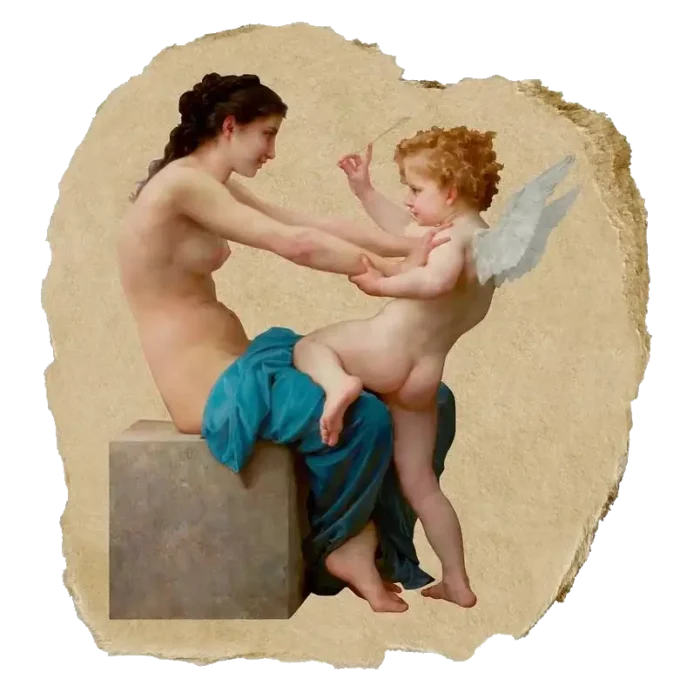

Though technically located in the southern Ionian Sea, Kythira has long been spiritually tied to Aphrodite, goddess of love and beauty.
Ancient myths — particularly Hesiod’s Theogony — claim that Aphrodite first emerged from the sea foam near Kythira, not Cyprus.
While this account is debated among scholars, there’s no doubt that the island played a major role in the early worship of the goddess, long before Cyprus became the dominant center of her cult.
Whether birthplace or early sanctuary, Kythira remained a revered site for Aphrodite throughout antiquity.
Kalamos and Kastos – The Forgotten Islands
Rarely mentioned in myth, Kalamos and Kastos float quietly southeast of Lefkada.
Their very obscurity led some modern mythographers to link them with the ancient kingdom of Same or as scattered remnants of the lost Ithacan kingdom.
Some local traditions mention sea nymphs, pirates, and half-forgotten temples beneath the waves, but these stories remain shadows — beautiful, elusive echoes from a time before time.
Wrapping Up – A Mythical Archipelago
The Ionian Islands are not just holiday destinations — they are places where myth still breathes.
Whether it’s Odysseus’ long voyage home or Poseidon’s secret passions, each island holds a piece of Greece’s legendary soul.





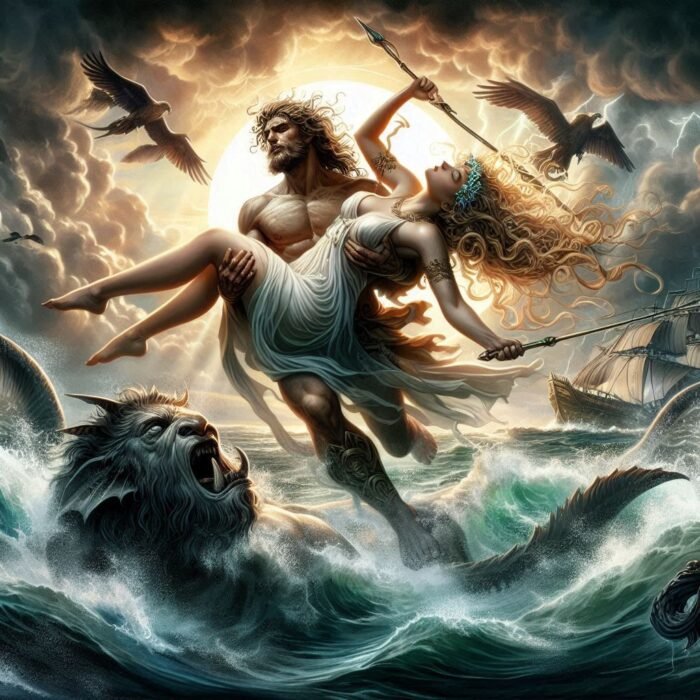
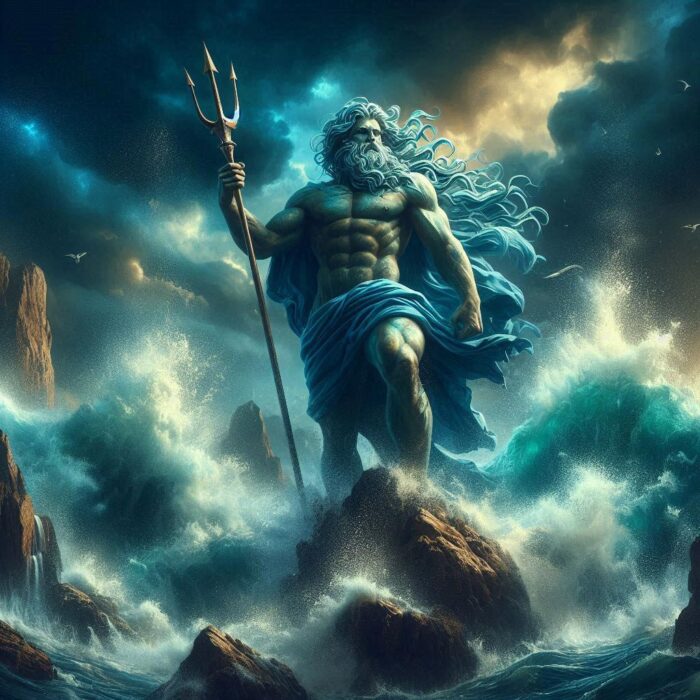

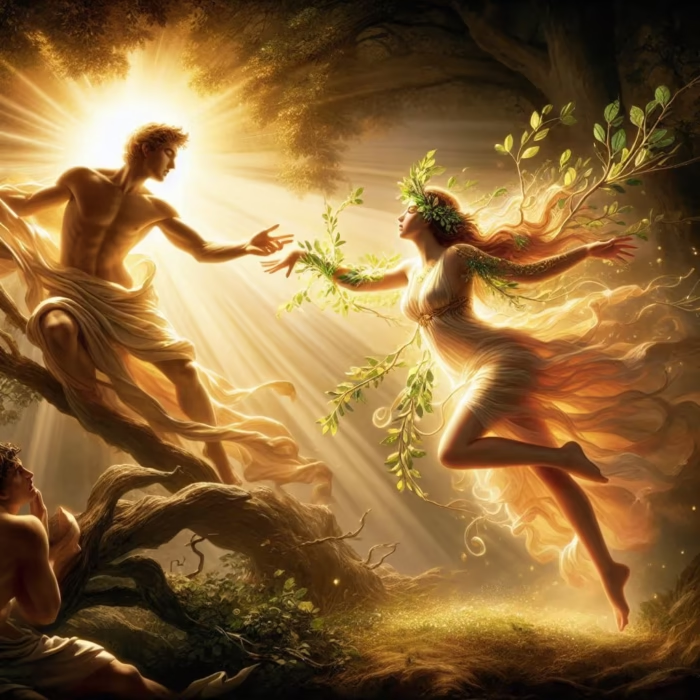


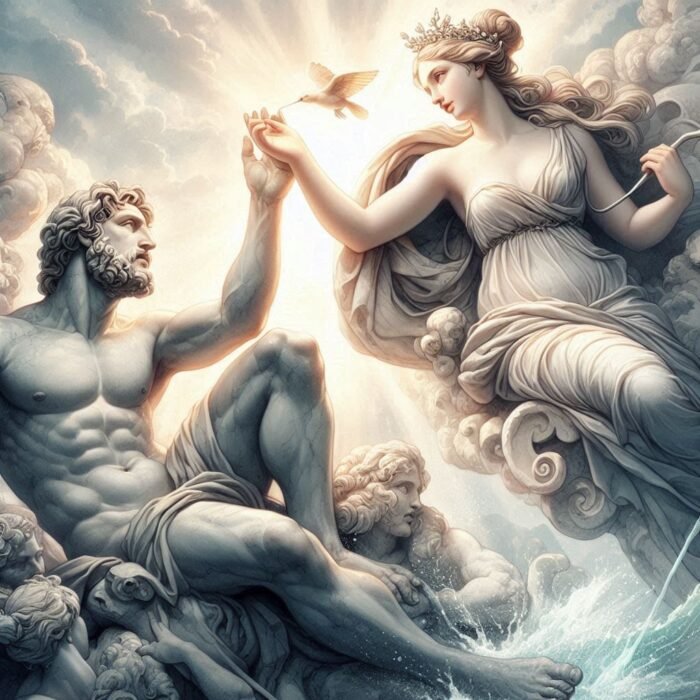

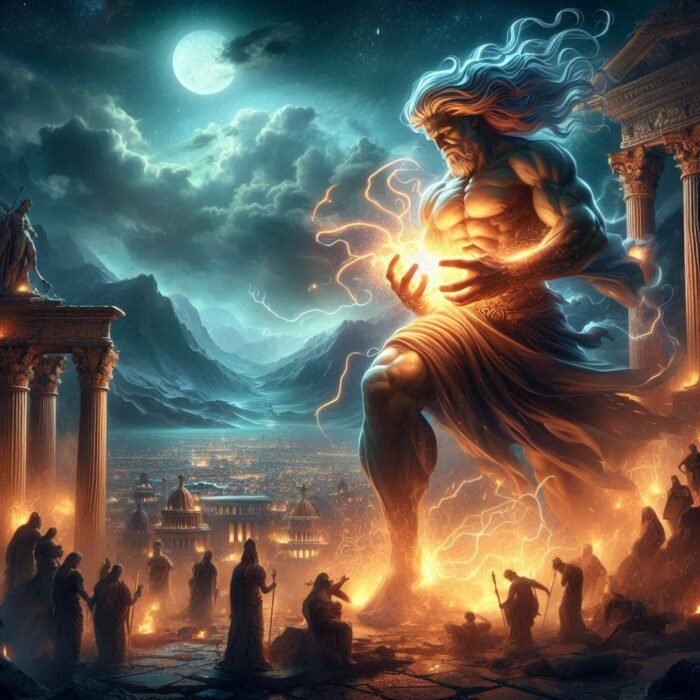
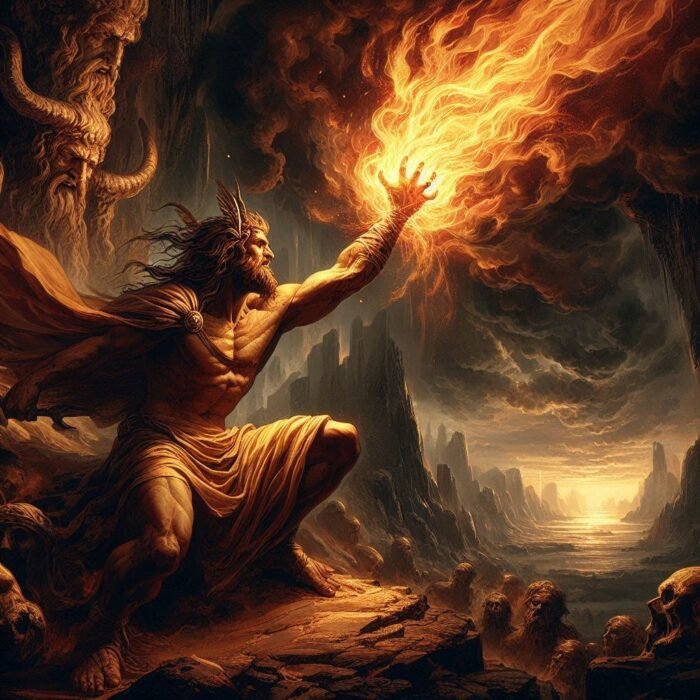

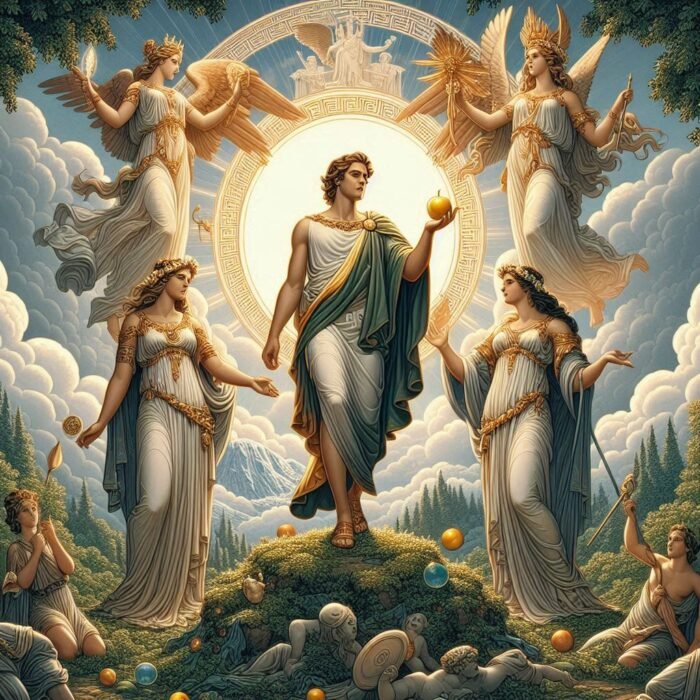

Comments